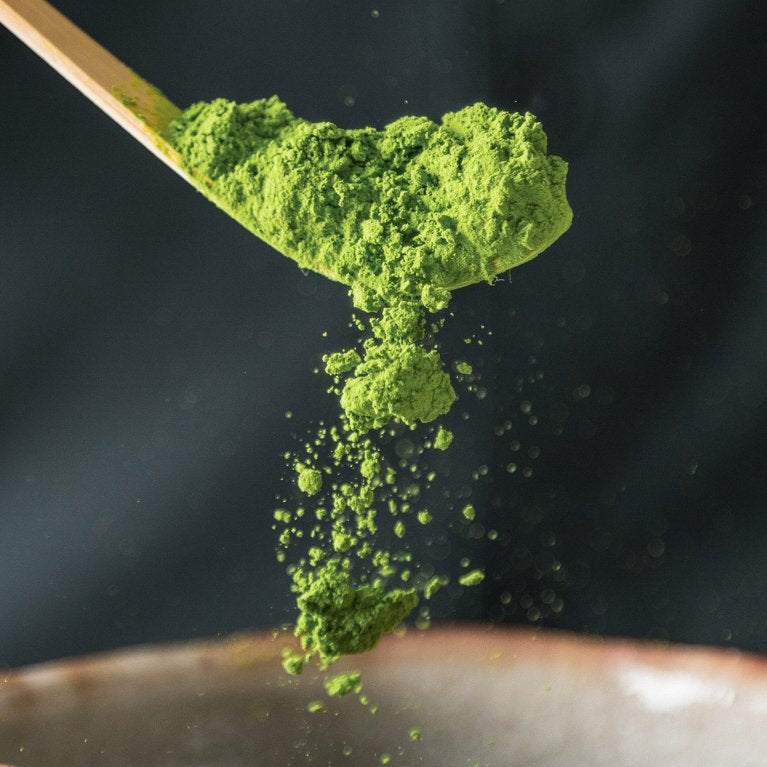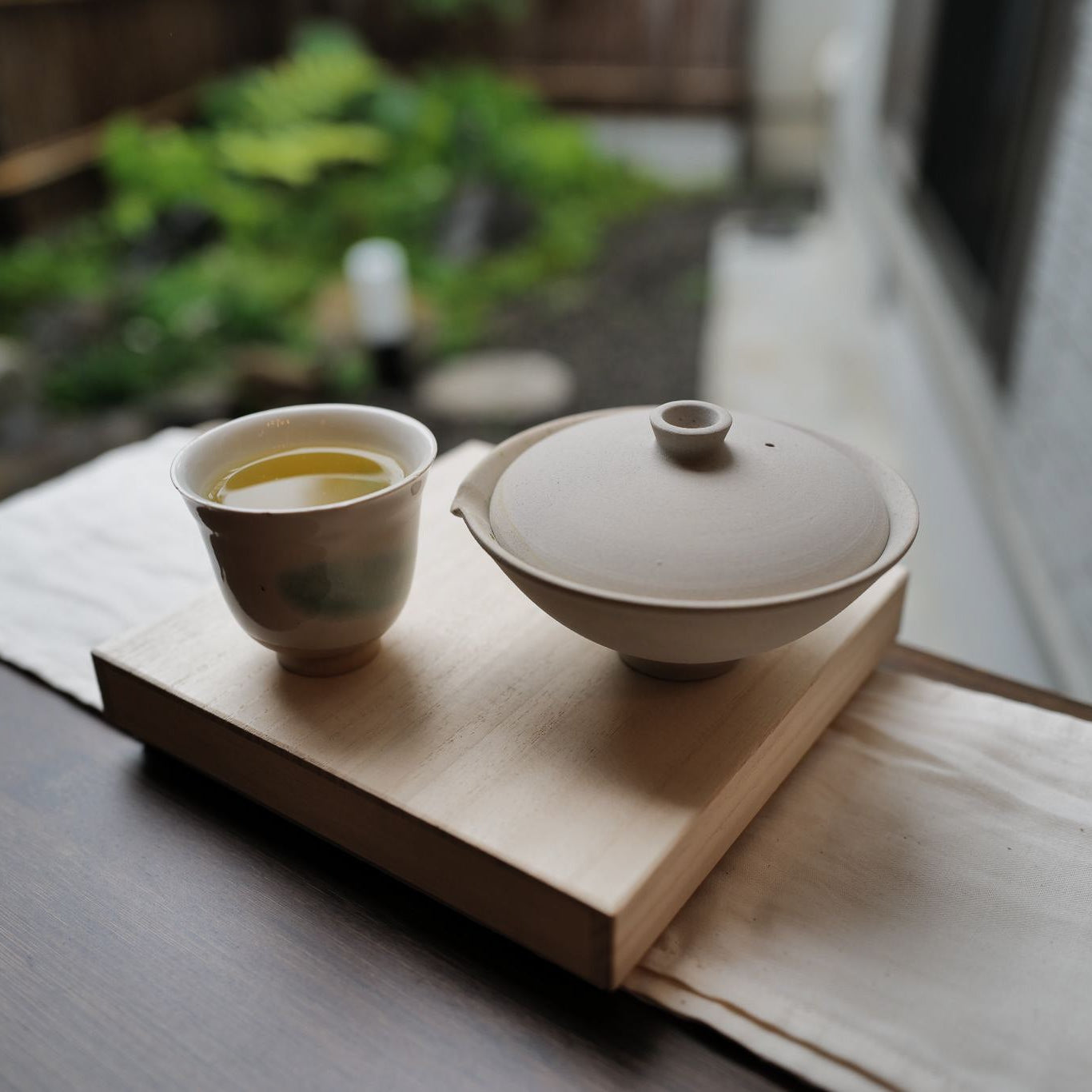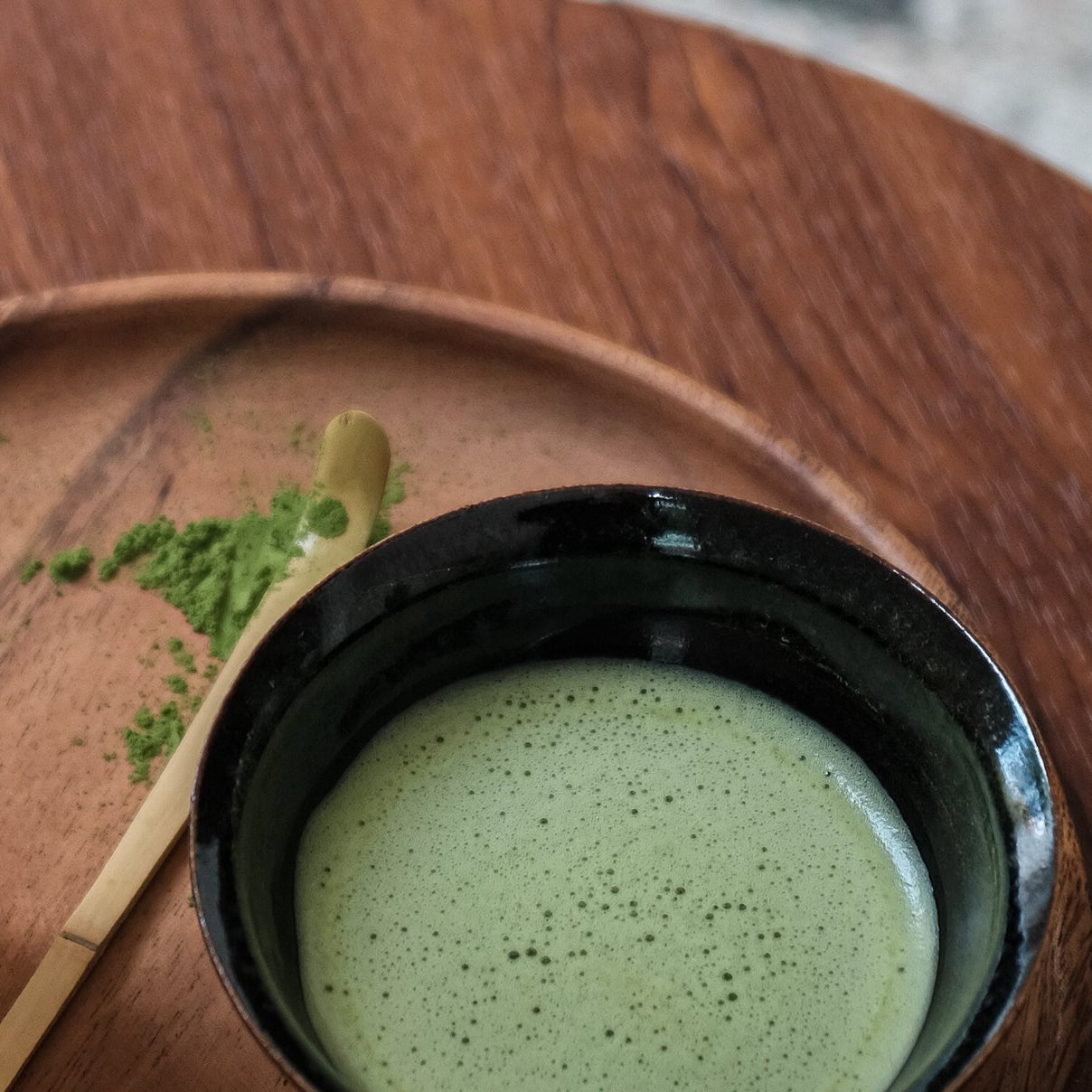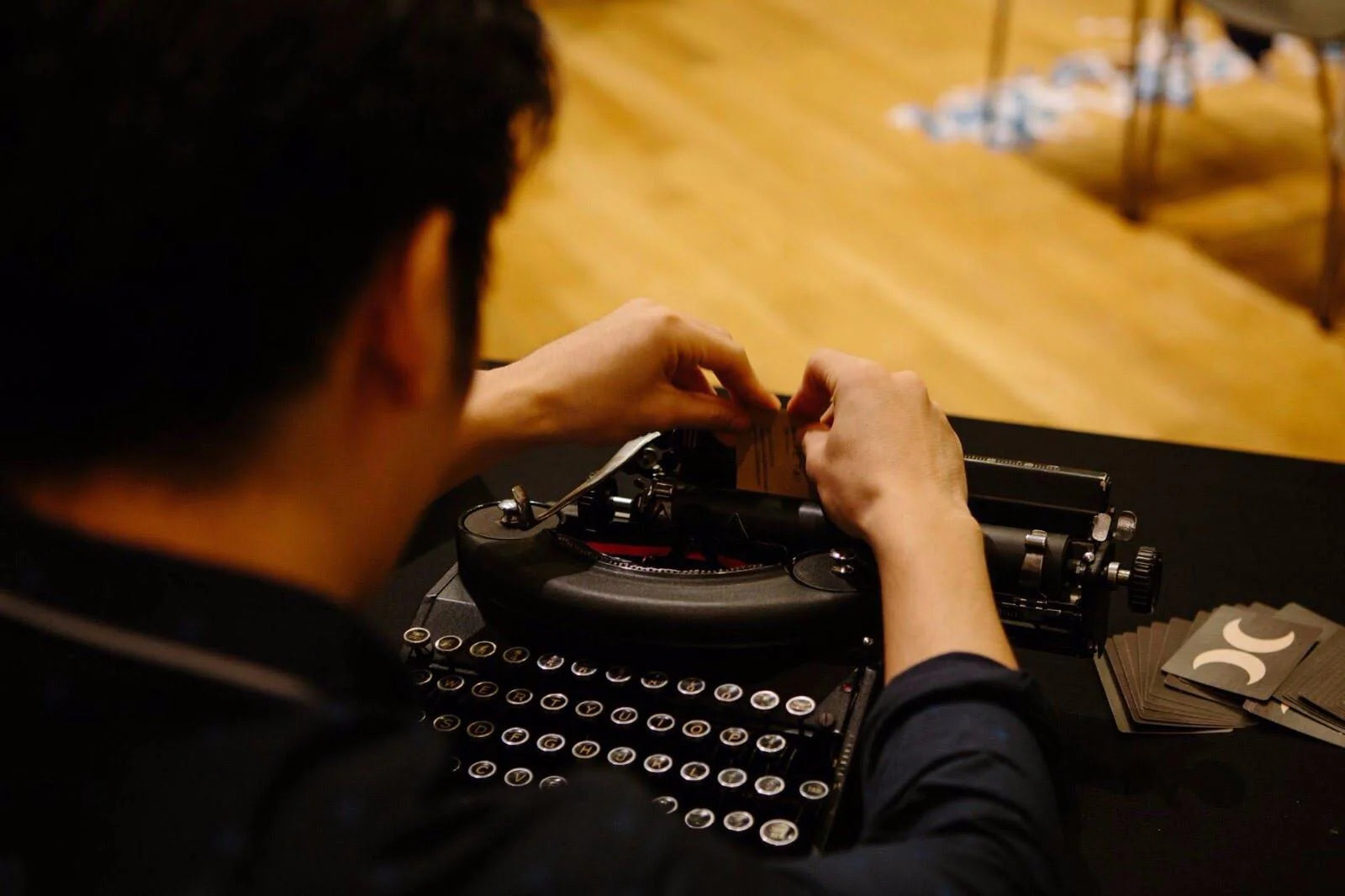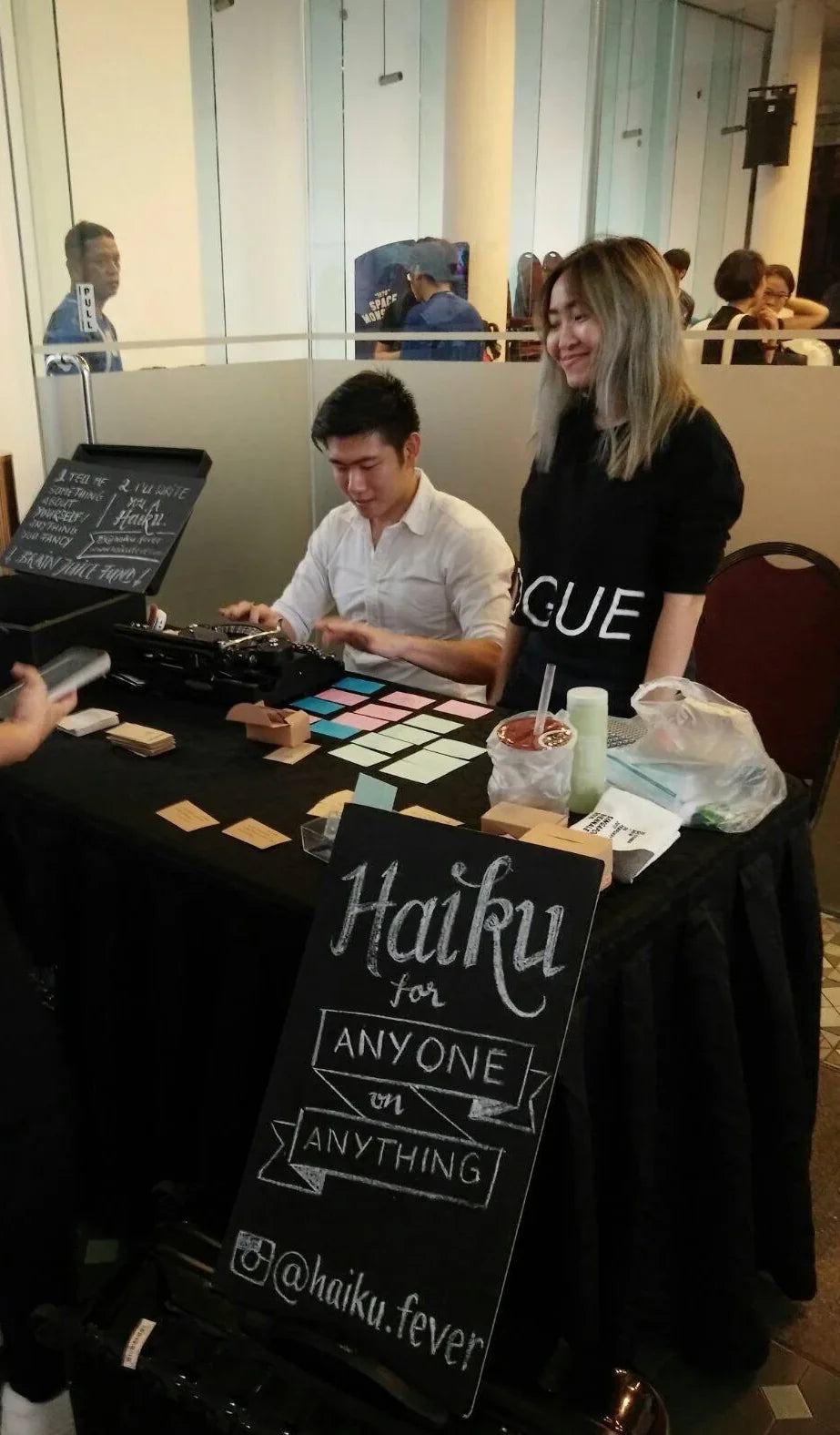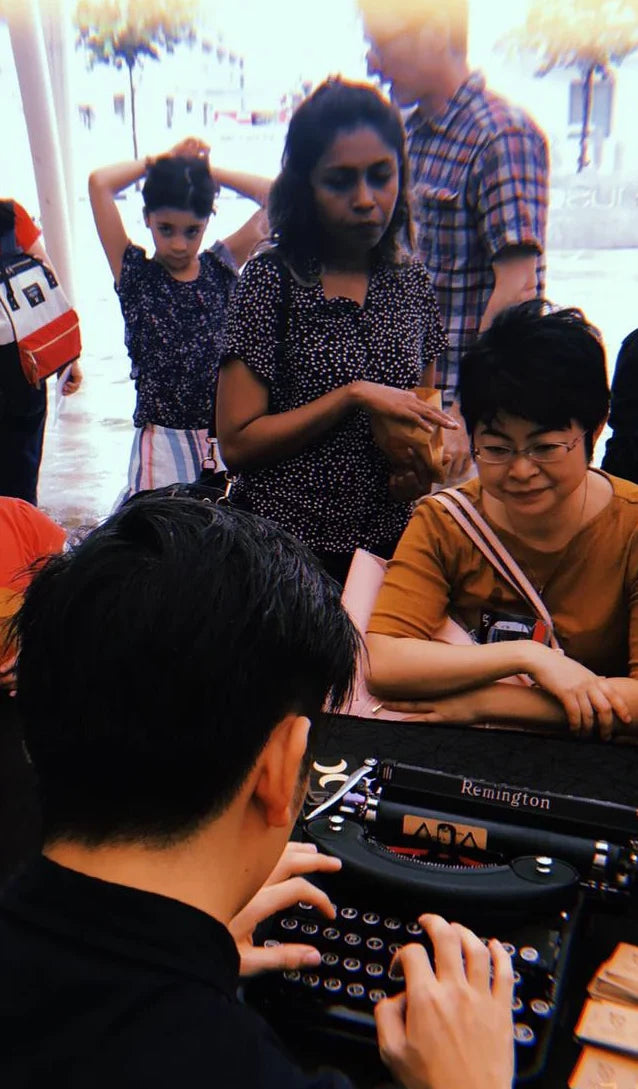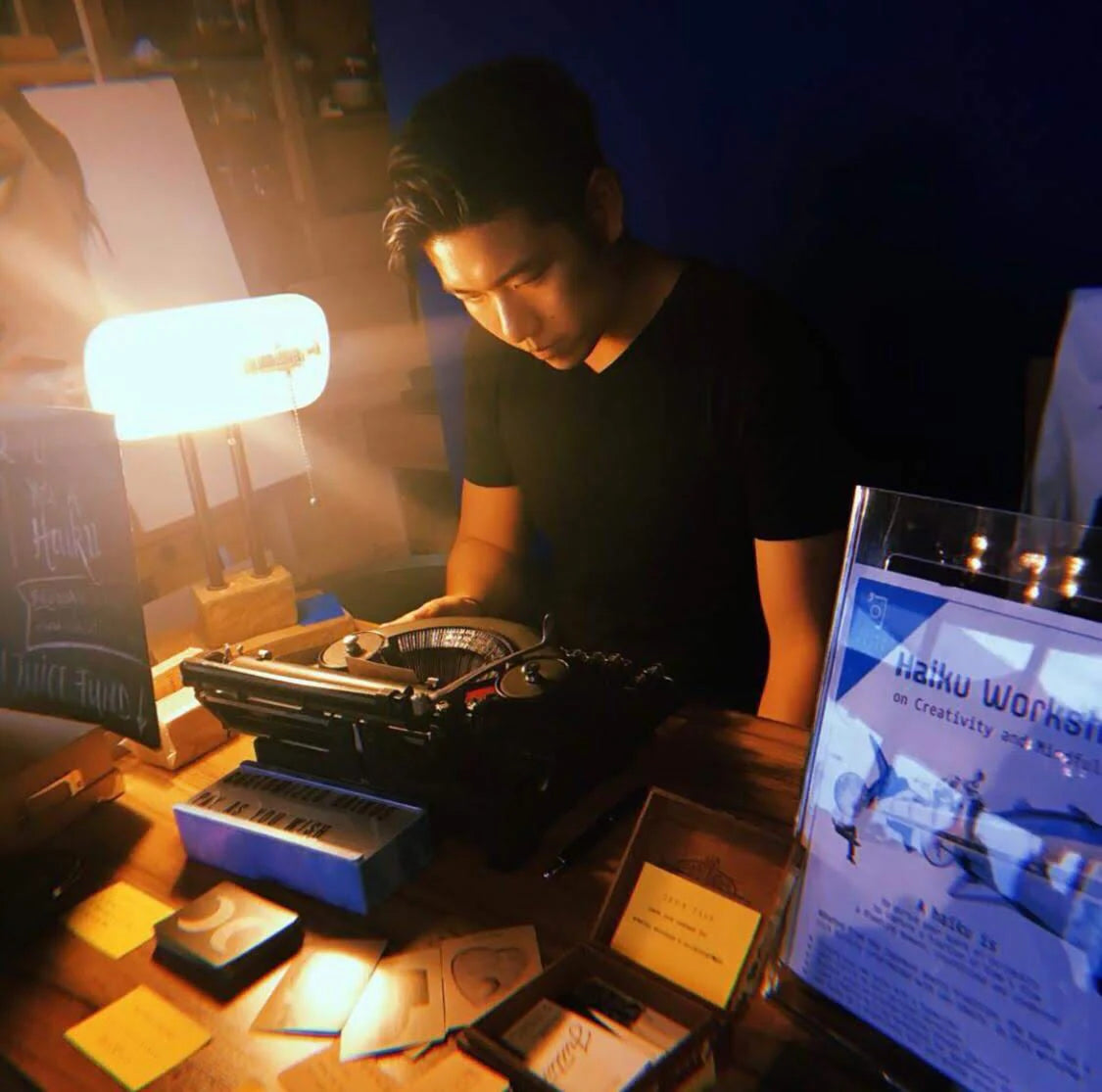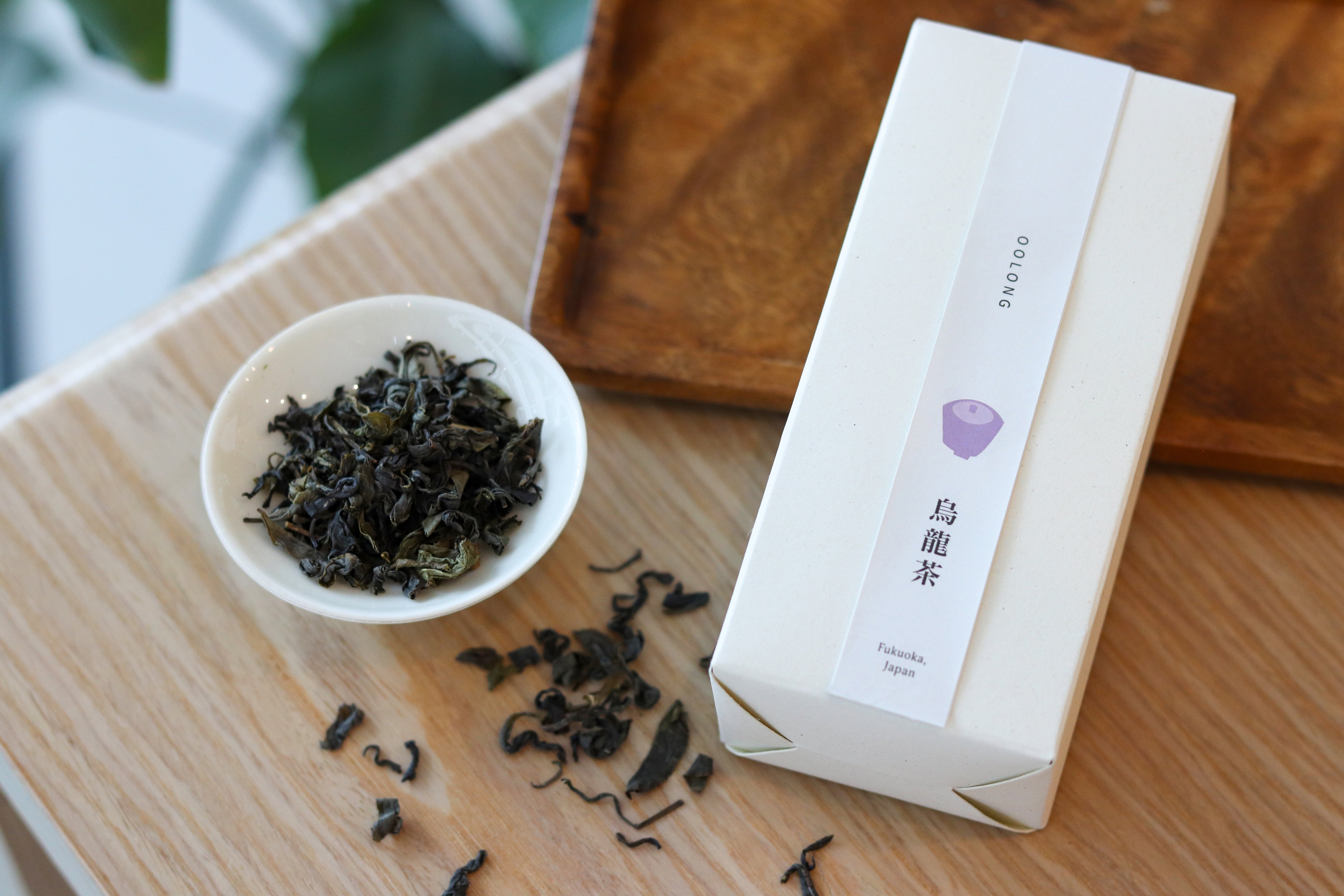IN WRITING ABOUT LIFE
by Jasmine | March 08, 2020
Typewriter in hand, Dave Tai of Haiku Fever takes it to the streets in search of stories and haiku writing. He willingly listens to anyone’s story, pens it into a haiku, and gifts it to the storyteller. Anywhere from a few minutes to an hour, his ears are eager to hear and his eyes ready to peer.
Words listen as much as they speak, I was told recently. Words, when expressed, have a way of easing tension, connecting strangers and articulating empathy.
The art of writing is a dissection of life, slicing what is most meaningful and mending a bare heart with words. But words matter only when there is a correct diagnosis.
No writing captures this as best as haiku. Traditionally a Japanese poem of a few short stanzas, haiku is considered more as an outlook on life. Condensed into no more than three lines, these words usually cut to the heart.
But Dave Tai of Haiku Fever takes haiku-writing a step further. Typewriter in hand, he takes to the streets in search of stories and haiku writing. He willingly listens to anyone’s story, pens it into a haiku, and gifts it to the storyteller. Anywhere from a few minutes to an hour, his ears are eager to hear and his eyes ready to peer.
He began Haiku Fever in 2016 after purchasing his first typewriter and writing a few haiku for his closer friends. Acting as a bridge to know more people and combining his love for writing and listening, Haiku Fever was born. He took to the streets in Singapore offering haiku-writing services in exchange for a story and leaves it to the narrator to affix the price point. Each will receive a personalized haiku on a card, fresh from his typewriter.
WRITING WITH EMPATHY
In haiku writing, he is privileged enough to temporarily intrude a personal space and claim authority for a few brief moments. This act of trespassing is sacred: Dave insists that to write about someone else, he needs to first listen. That is empathy for him.
Brilliant writing takes place after extensive reading and thought is invested, but haiku-writing tells us that brilliant writing involves empathy done right. He treasures the candid conversations that strangers bring to him and is grateful that he is invited into someone else’s life. Which is why he carefully treads this path, knowing that such a ground is sometimes private and oftentimes, personal.
And he believes empathy is a skill.
The more he listens, the more patient he is. He admits that it is easy to become desensitized after hearing so many stories of the same storyline. However, he realizes that every individual sees it differently. ‘Turns out, life is very different for everyone,’ he shares.
An introvert at heart, taking haiku to the street is his way of being inquisitive in a non-creepy manner.
Wired to enjoy stories, Dave believes storytelling is meaningful. The ability to then condense stories into mere stanzas is more difficult than it seems. So, he believes, that both writing, and empathy are skills he cannot forgo in his pursuit to listen.
‘I always ask myself, ‘Why are they telling me?’, ‘What’s most important to them?’’
Dave recounts some unexpected friendships that came along the way. Till date, the longest friendship is with a Spanish, whom he met two years ago when she dropped by Singapore for a visit. The two still talk via email from time to time.
‘Turns out, life is very different for everyone,’ he shares.
WRITING FOR A LIFETIME
Friendships like this reminds us, that money cannot tell how much of life was shared in tears, laughter or silences. Dave gladly prefers the pay-as-you-wish model, in exchange for a story.
‘I always ask myself, ‘Why are they telling me?’, ‘What’s most important to them?’’
Money also cannot tell us how much of life was mended. He recounts his first day out at Haji Lane, where he sat along the street from 2pm till dinnertime, earning himself an unexpected $90. Dave realizes, in his four years of haiku on the streets, that the human stories are more or less the same. ‘People are not very different after all. What you struggle with in your 20s, you do so in your 50s,’ he adds.
The imperative to share and connect is an unconscious need that needs to be fulfilled. Which is why Dave still avails himself to listen to those who, perhaps, have something weighed on their hearts that they cannot voice out just yet.
Having witnessed Haiku Fever grow organically, Dave is hoping to be clearer and more directional in his plans for it. He hopes to introduce thematic on-the-streets sessions, where he is able to compose haiku based on a particular theme, allowing for more intentional conversations. If time permits and opportunities come along the way, he will also venture to compile the stories across various walks of life that he has heard.
In an age that is slowly losing the touch of real-time connection, Dave reminds us that there is imperative to do so. ‘Your deliverable is ultimately less important than your connection.’
When someone is curious enough to stop by his humble set-up of a typewriter, some cards and a signboard, they really never know what they are in for. Sometimes you just share really superficial stuff, but sometimes… you end up trusting your life with a stranger.
The power of connection. One shares, the other listens; and both connect.
No points if you guess what the most asked question is. ‘Can you write about life?’ he chuckles.
‘People are not very different after all. What you struggle with in your 20s, you do so in your 50s.'
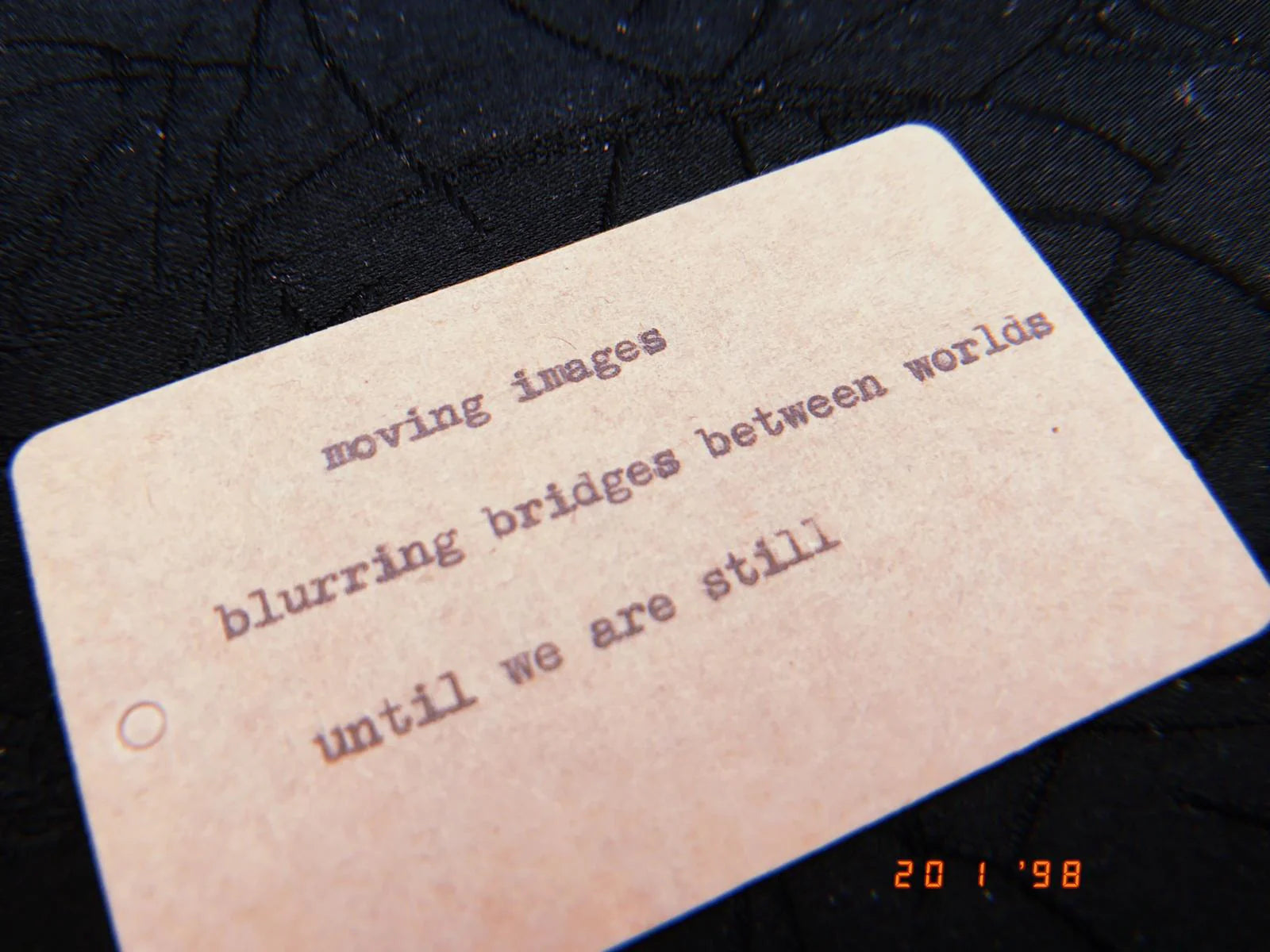
All photos by Dave Tai.

